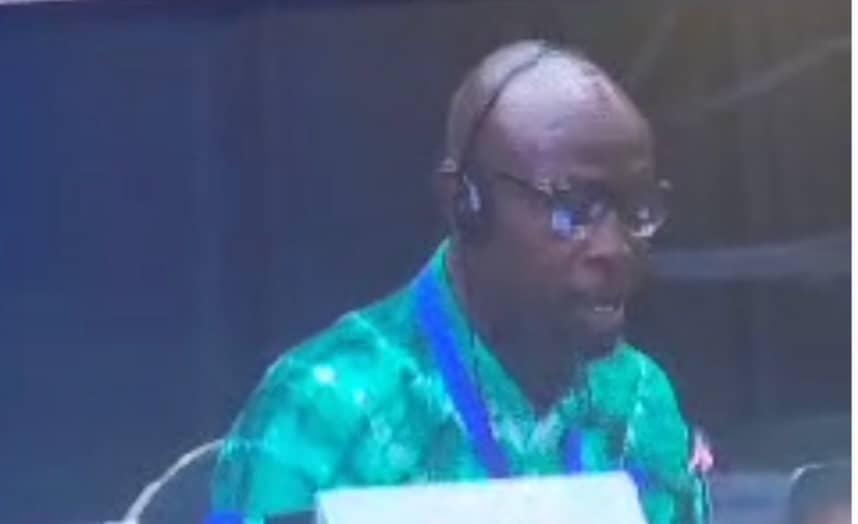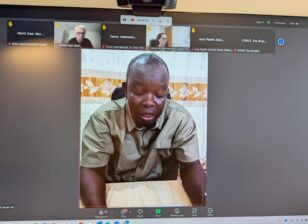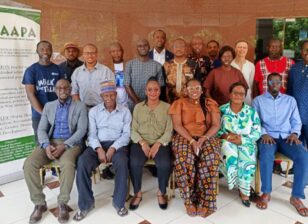WAAPA endorses the African Framework on GAAP and called for a Global Convention on Alcohol Contro
Mr. Habib Taigore Kamara; WAAPA Board Member and Chair of the Sierra Leone Alcohol Policy Alliance (SLAPA) on behalf of the West African Alcohol Policy Alliance (WAAPA), Southern African Alcohol Policy Alliance, East African Alcohol Policy Alliance (EAAPA) and the Global Alcohol Policy Alliance (GAPA), welcomed the adoption and urged for comprehensive implementation and bi-annual review of the ‘Framework for Implementing the Global Alcohol Action Plan, 2022-2030 in the WHO African Region’.
He stated that, the alcohol-attributable burden of disease was highest in countries with low Human Development Index (HDI), particularly in countries in Sub-Saharan Africa. The high alcohol-attributable burden of disease in the Sub-Saharan Africa Region was driven by infectious diseases, liver cirrhosis, and injuries. Cirrhosis-related deaths doubled in the Sub-Saharan Africa Region between 1980 and 2010, with most incidence cases (about 70%) attributable to hepatitis B virus, hepatitis C virus, and alcohol use.”
Mr. Habib Taigore Kamara, emphasized that WHO 2019 global estimate of alcohol per capita consumption indicates that, the African Region has a higher level of lifetime abstainers of 57.5% as reported in the Framework. “This is one reason the alcohol industry is aggressively marketing and funding expensive national and cross-border advertising to capture the African abstainers”, this should not be allowed to continue he urged. He asserted that, the more alcohol abstainers in the Region, the healthier and productive the African population will be.
He also noted that WAAPA, SAAPA and EAAPA have networks in the various countries that are already active and supportive to the operations of the National Multi-Sectorial Coordination and Technical Committees on Alcohol Control.
He assured that, WAAPA, SAAPA and EAAPA will continue to strengthen their relationships with their governments and promote the adoption of global best practices in alcohol policy and control.
He concluded by expressing serious concerns on the uncontrolled activities and unethical tactics of the alcohol industry in the national governance systems, especially in the policy making processes, social media platforms and cross-border activities.
Mr. Kamara on behalf of all Alcohol Policy Alliances in the African Region urged the Regional Committee and the WHO AFRO Secretariat to look into the possibility of a Framework Convention on Alcohol Control (FCAC) to replace the current Global Alcohol Action Plan 2022-2030.




